What Sets Us Apart
Our History
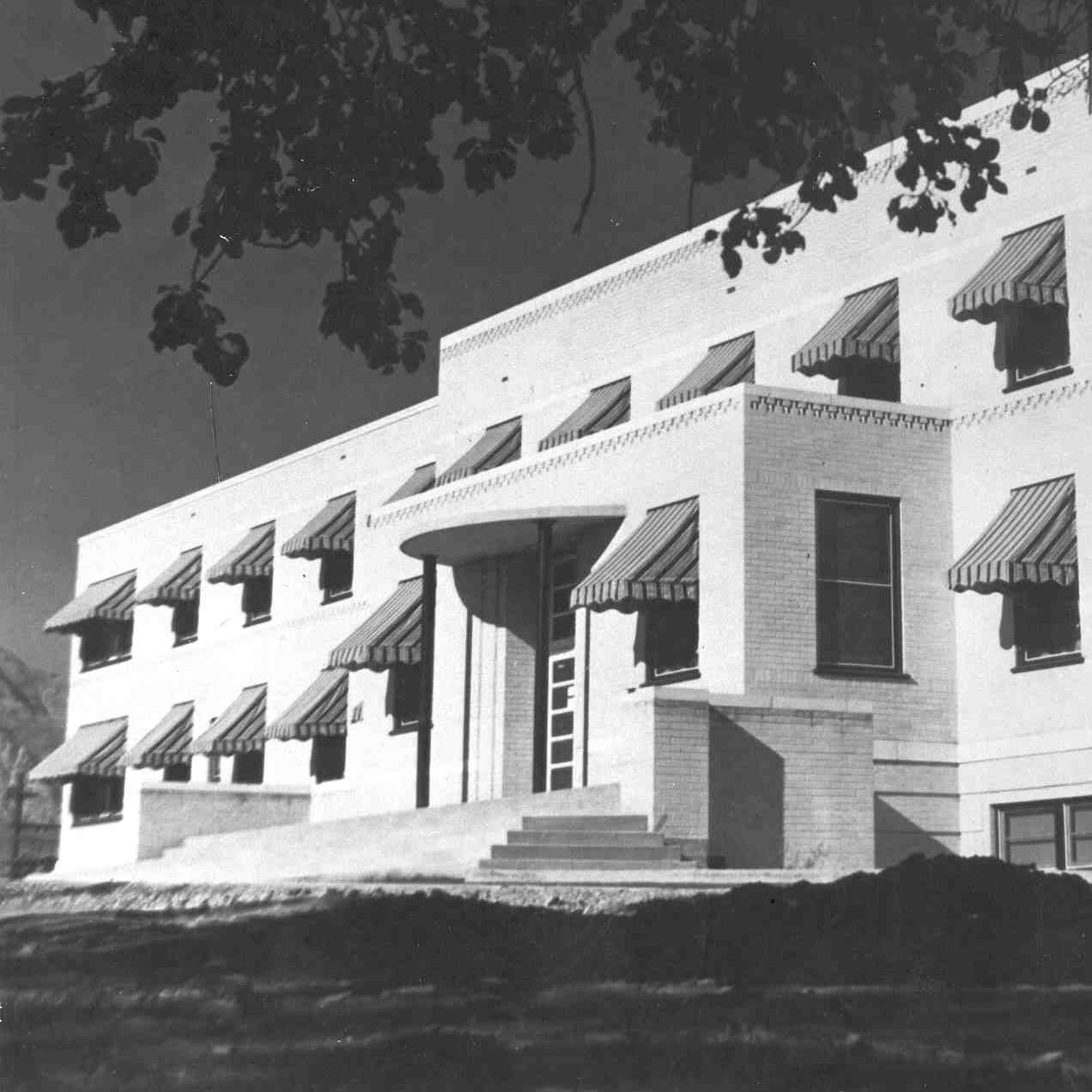
1939
Utah Valley Hospital first opened its doors in 1939. With 55 beds and 38 physicians, the hospital was busy from day one.

1951
60 beds were added, bringing the capacity to 115.

1953
At the request of the board of directors, The Church of Jesus Christ of Latter-day Saints assumed ownership of Utah Valley Hospital.
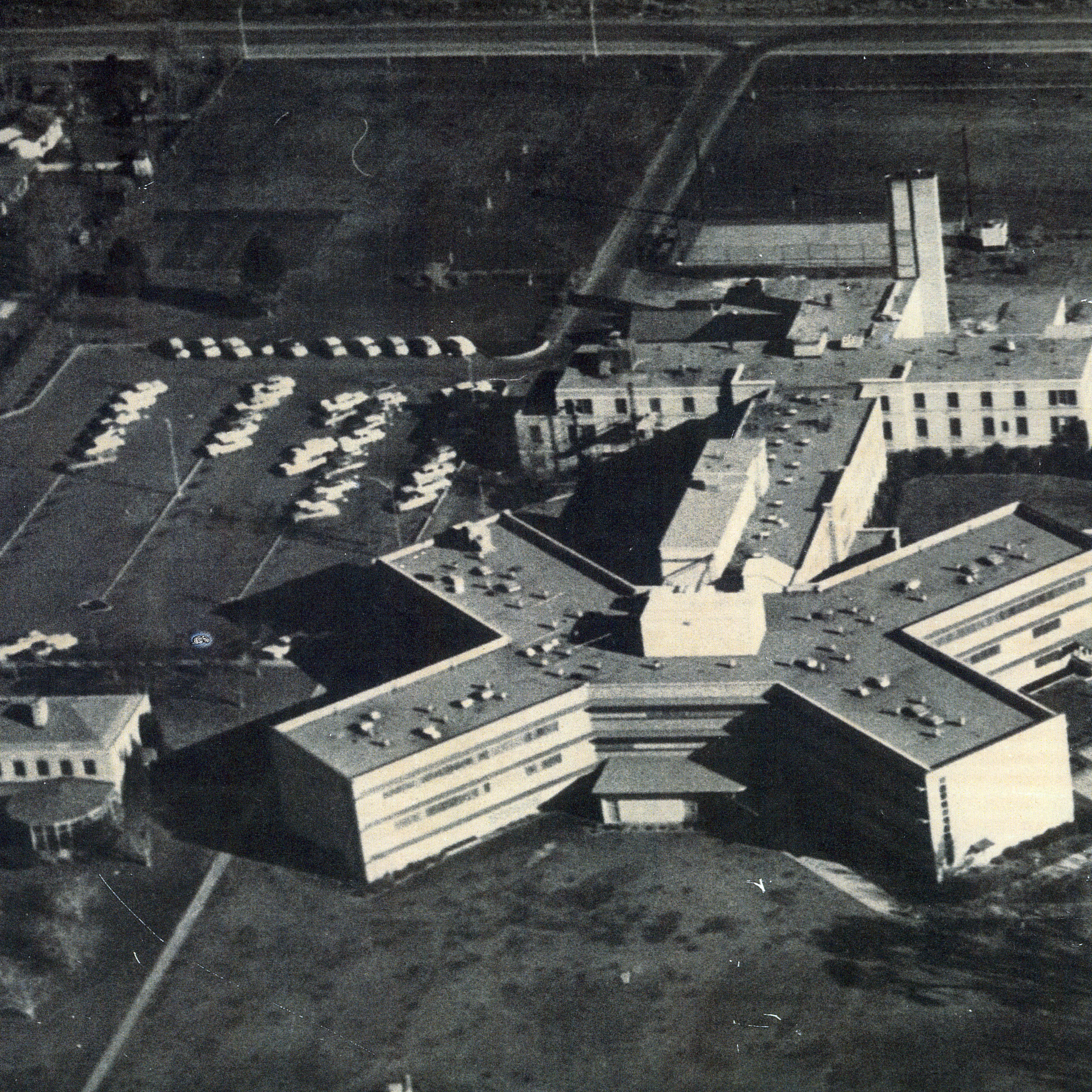
1958
The hospital expanded again with the addition of the iconic X-wing building. This expansion brought the total number of beds to 240.
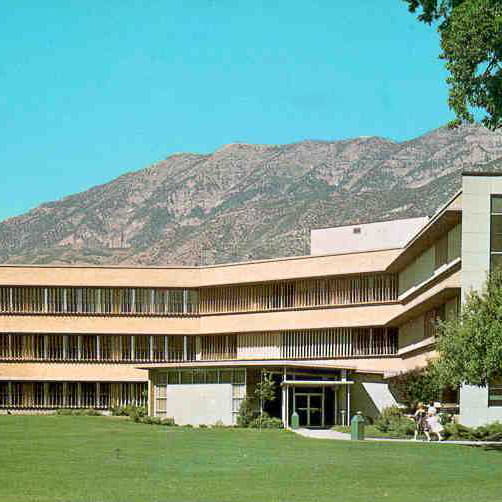
1970
Utah Valley Hospital became the first fully staffed 24-hour emergency center south of Salt Lake City, and 98 physicians enjoyed medical staff privileges at the hospital.

1975
The Church of Jesus Christ of Latter-day Saints divested its interest in hospitals to the communities the hospitals served. Intermountain Healthcare was established to operate the hospitals on behalf of the community. Construction begins on the seven-story East Tower.
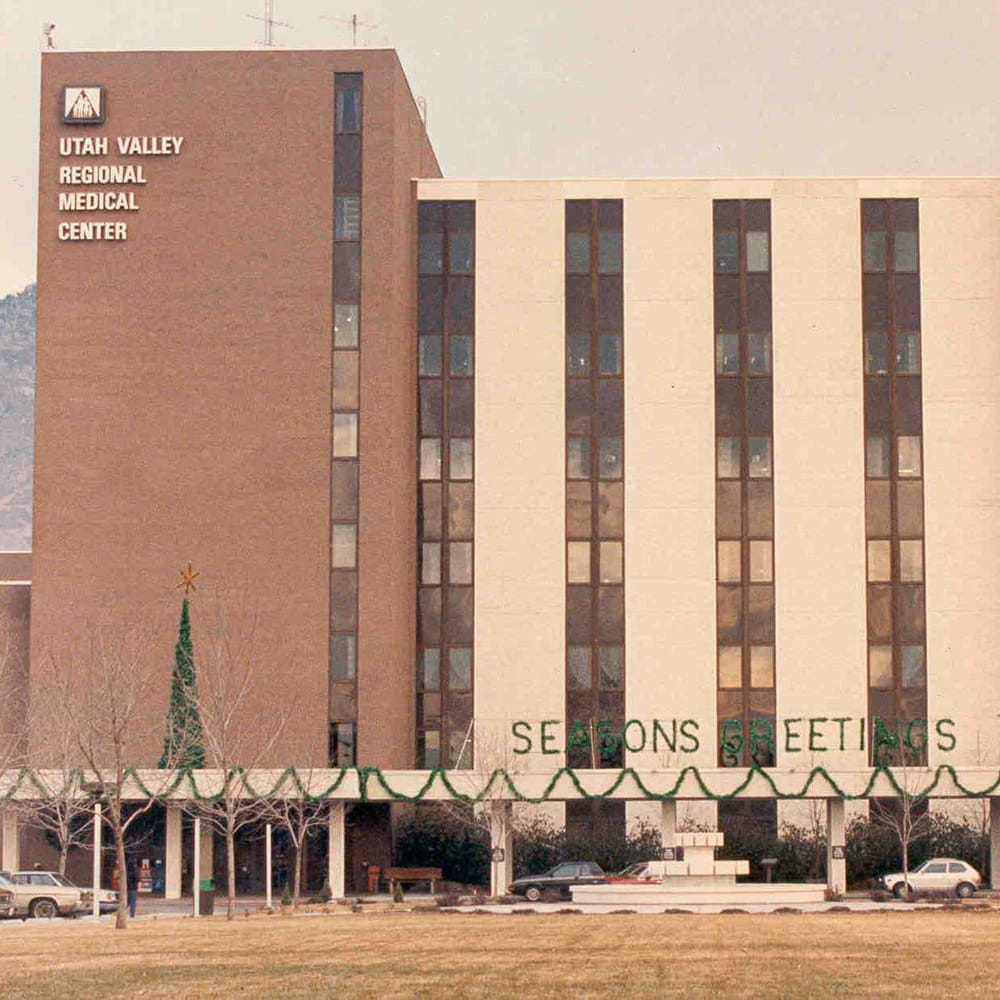
1978
The East Tower is completed, bringing the hospital to 389 beds, 73 nursery bassinets, and a medical staff of 200.
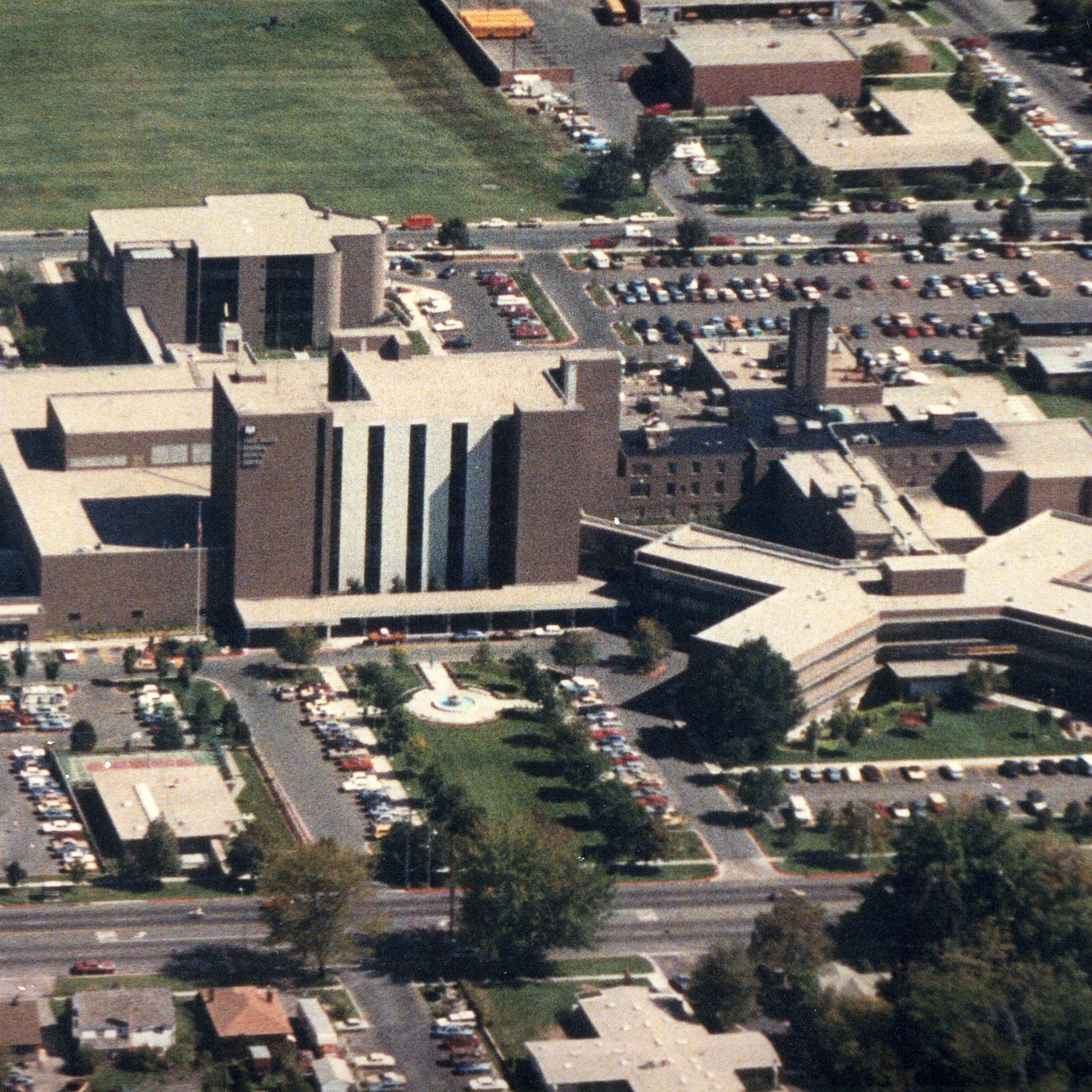
1984
The name of the hospital was officially changed to Utah Valley Medical Center. The name change reflected growth of the facility and services, making it one of Utah's largest major referral centers, serving all of central and southern Utah and its surrounding areas.

1999
The West Building is added to the campus, expanding Women’s and Children’s Services and Same-Day Surgery.

2002
The South Building opens, providing room for clinics, behavioral health services, and administrative offices.

2006
A hyperbaric medicine chamber is added to the South Building.
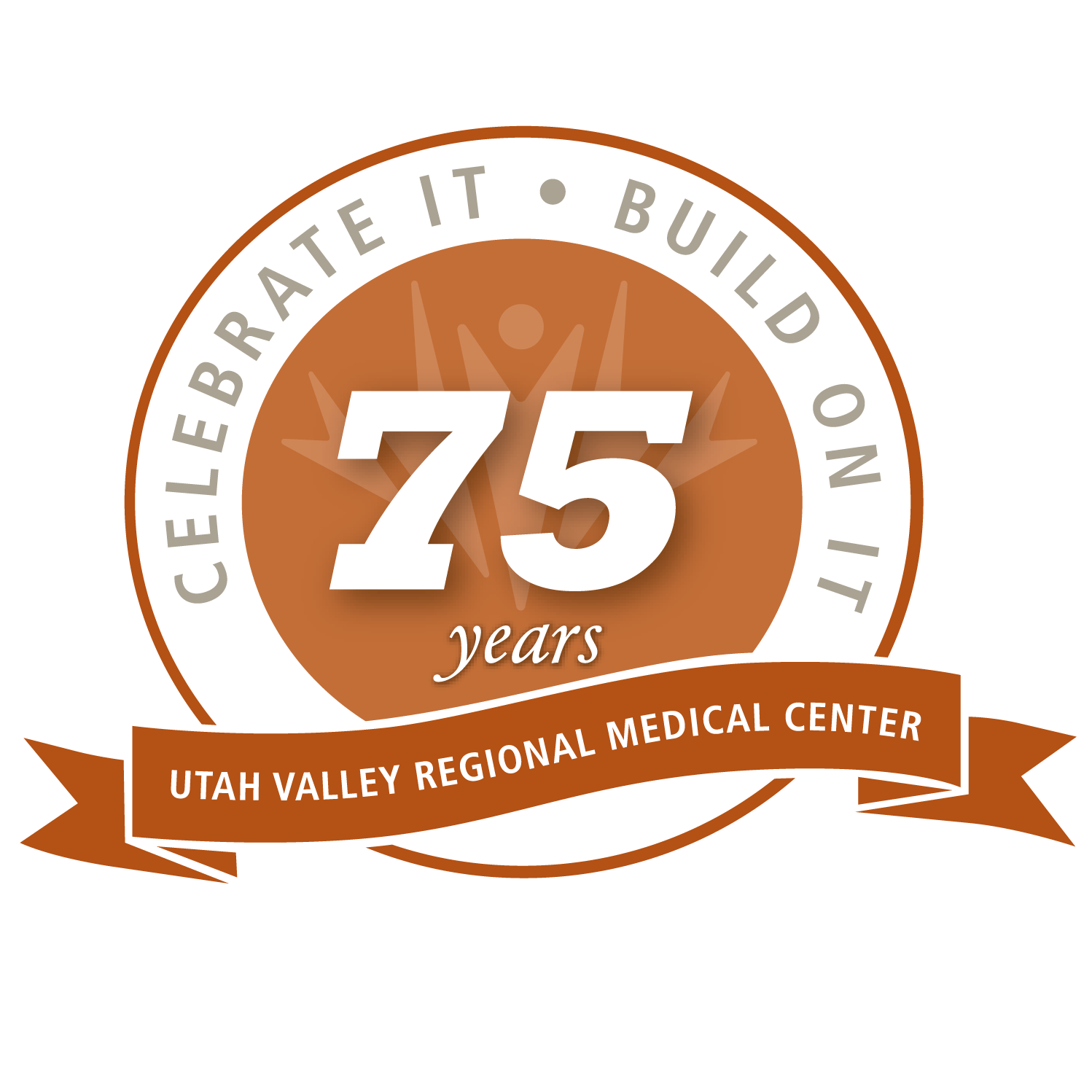
2014
The hospital celebrates its 75th anniversary, and a major hospital replacement project is announced to eventually replace the East Tower and provide the latest technology and medical services to the community.

2015
Ground is broken, and construction begins, on the hospital replacement project. This project will include a 12-story patient tower on the southwest corner of campus, and a nine-story medical office building on the north side of campus.

2016
The name of the hospital is officially changed back to Utah Valley Hospital. As Utah Valley Hospital grows, it continues its evolution as a place of learning, a place of caring, and a place of healing. The Utah Valley Hospital Primary Children's Network opens, offering the best pediatric care for patients and their families, close to home.

2021
The Hospital Replacement Project is completed, which includes the Utah Valley Clinic in the Sorenson Tower, the Pedersen Patient Tower and a Healing Garden.
Our History
1939
1953
1958
1970
1975
1978
1984
1999
2002
2014
2015
2016
Hospital Leadership
Kyle Hansen, FACHE
CEO/Administrator
Maria Black, APRN
Nurse Administrator
Mile Hawley, MD
Medical Director
Karen Dominguez, RN
Operations Officer
Josh Rohatinsky
Administrative Director
Bill Hulterstrom
Governing Board Member
Cydni Tetro
Governing Board Member
Patricia Ravert, PhD, RN
Governing Board Member
Belinda Talonia
Governing Board Member
Brigitte Madrian, PhD
Governing Board Chair
Curt Pulsipher, PhD
Governing Board Member
Boyd Craig
Governing Board Member
Everett Kelepolo, EdD
Governing Board Member
Mary Crafts
Governing Board Member
Matt Packard
Governing Board Member
Shellie Baertsch
Governing Board Member
Andrew Dadson
Governing Board Member
Steven Anderson, PhD
Governing Board Member


